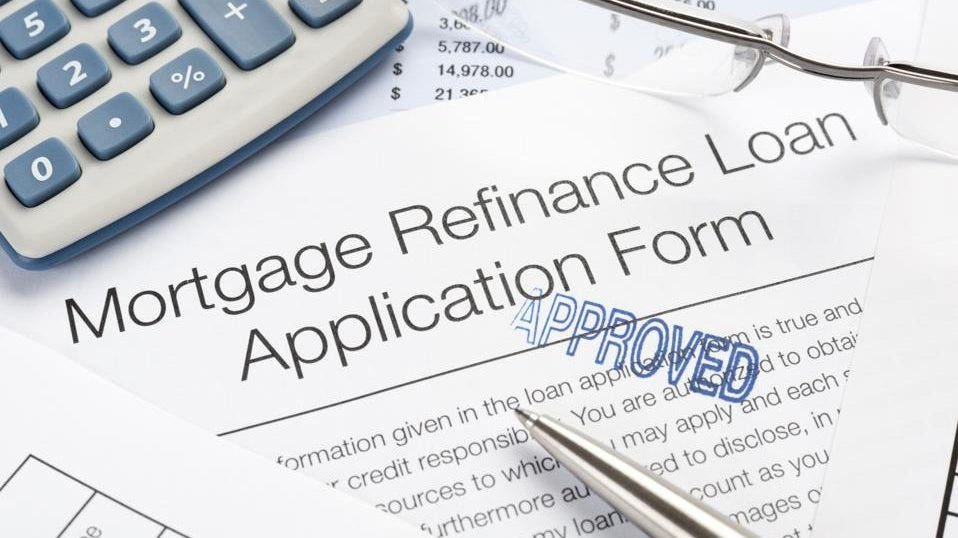When you refinance your mortgage, you are paying off your existing mortgage and replacing it with a new one with different terms, such as your loan amount, interest rate and amortization period. You can choose to refinance at any time during your mortgage term, or when you renew. Typically, homeowners refinance their mortgage to get better terms, such as when interest rates drop, or to access the equity in their home. You will need to requalify for your mortgage when you apply for a refinance.
How To Determine the Equity in Your Home
Your lender will use the current appraised value of your home to determine how much you’re eligible to refinance. You’re able to borrow up to 80% of the current value of your home, less the outstanding mortgage. Using a property valued at $650,000 with a $275,000 mortgage, the calculation looks like this:
If you choose not to access the equity in your home, you will keep the same mortgage amount but be able to renegotiate the terms.
However, if you choose to access the equity in your home (that is paid out in cash), your new mortgage would total $520,000 ($275,000 + $245,000). Your new mortgage would start using the current mortgage interest rate.
Keep in mind that if you took out a mortgage before the Bank of Canada (BoC) started its aggressive rate hikes, you may be renewing your mortgage at rates 2% to 3% higher.
Assuming a $275,000 mortgage at 2.25% interest with a five-year term that renews in 2024, you’d currently be paying approximately $1,200 monthly. However, that same mortgage at today’s rates of 5.59% would cost you $1,693.02 per month. And, if you increase your mortgage to $520,000 to access the equity in your home, your new monthly payment would be $3,111.
Mortgage Refinance vs Mortgage Renewal
With a mortgage refinance, you’re breaking your existing mortgage contract, paying off the balance in full and negotiating a new loan. When you renew your mortgage, you keep the existing mortgage terms, such as amortization period and loan amount, but at a new interest rate. You can refinance your mortgage at any time (including at renewal), but you renew your mortgage at the end of your mortgage term.
Here are the key differences between a mortgage refinance and mortgage renewal:




